
Modern C++ Programming Cookbook. Master C++ core language and standard library features, with over 100 recipes, updated to C++20 - Second Edition Marius Bancila
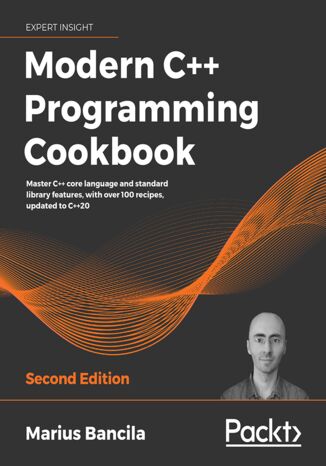



- Autor:
- Marius Bancila
- Serie wydawnicze:
- Mastering
- Wydawnictwo:
- Packt Publishing
- Ocena:
- Stron:
- 750
- Dostępne formaty:
-
PDFePubMobi
 opcje wysyłki »
opcje wysyłki »
Opis
książki
:
Modern C++ Programming Cookbook. Master C++ core language and standard library features, with over 100 recipes, updated to C++20 - Second Edition
The updated second edition of Modern C++ Programming Cookbook addresses the latest features of C++20, such as modules, concepts, coroutines, and the many additions to the standard library, including ranges and text formatting. The book is organized in the form of practical recipes covering a wide range of problems faced by modern developers.
The book also delves into the details of all the core concepts in modern C++ programming, such as functions and classes, iterators and algorithms, streams and the file system, threading and concurrency, smart pointers and move semantics, and many others. It goes into the performance aspects of programming in depth, teaching developers how to write fast and lean code with the help of best practices.
Furthermore, the book explores useful patterns and delves into the implementation of many idioms, including pimpl, named parameter, and attorney-client, teaching techniques such as avoiding repetition with the factory pattern. There is also a chapter dedicated to unit testing, where you are introduced to three of the most widely used libraries for C++: Boost.Test, Google Test, and Catch2.
By the end of the book, you will be able to effectively leverage the features and techniques of C++11/14/17/20 programming to enhance the performance, scalability, and efficiency of your applications.
Wybrane bestsellery
Marius Bancila - pozostałe książki
Zobacz pozostałe książki z serii Mastering
Packt Publishing - inne książki
Dzięki opcji "Druk na żądanie" do sprzedaży wracają tytuły Grupy Helion, które cieszyły sie dużym zainteresowaniem, a których nakład został wyprzedany.
Dla naszych Czytelników wydrukowaliśmy dodatkową pulę egzemplarzy w technice druku cyfrowego.
Co powinieneś wiedzieć o usłudze "Druk na żądanie":
- usługa obejmuje tylko widoczną poniżej listę tytułów, którą na bieżąco aktualizujemy;
- cena książki może być wyższa od początkowej ceny detalicznej, co jest spowodowane kosztami druku cyfrowego (wyższymi niż koszty tradycyjnego druku offsetowego). Obowiązująca cena jest zawsze podawana na stronie WWW książki;
- zawartość książki wraz z dodatkami (płyta CD, DVD) odpowiada jej pierwotnemu wydaniu i jest w pełni komplementarna;
- usługa nie obejmuje książek w kolorze.
Masz pytanie o konkretny tytuł? Napisz do nas: sklep@helion.pl
Książka drukowana


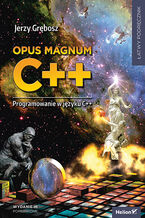
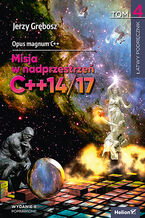
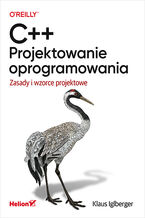
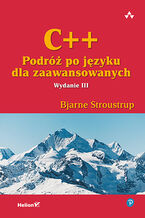
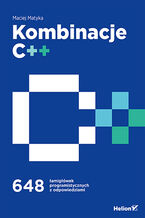

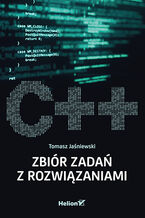
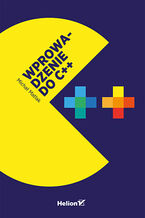
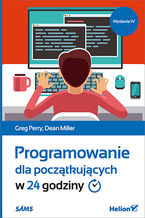
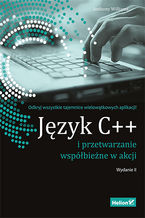

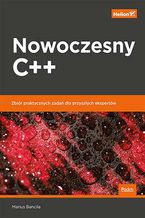
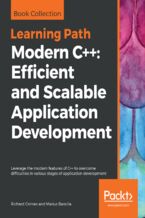

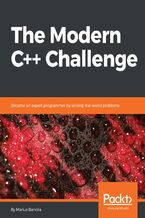
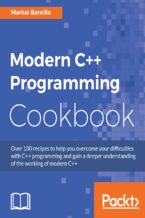
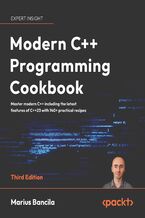
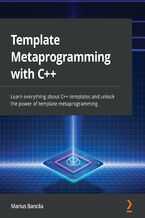
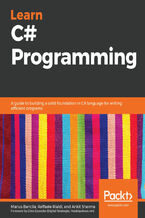

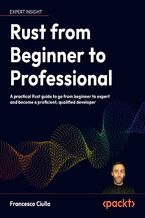
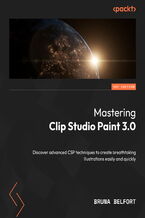
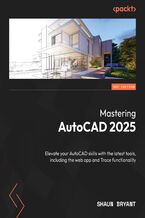
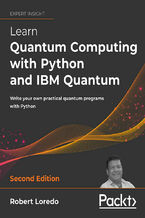

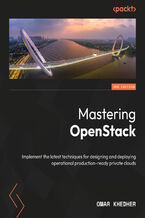

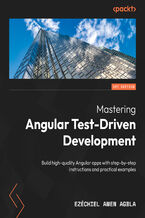
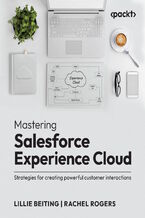





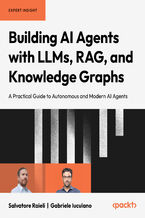

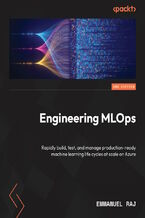

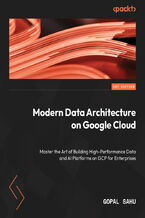

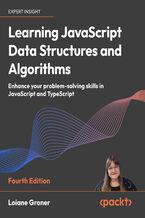
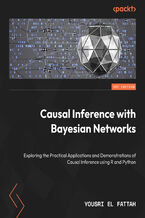
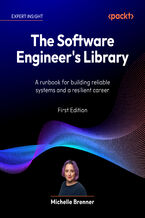




Oceny i opinie klientów: Modern C++ Programming Cookbook. Master C++ core language and standard library features, with over 100 recipes, updated to C++20 - Second Edition Marius Bancila
(0)